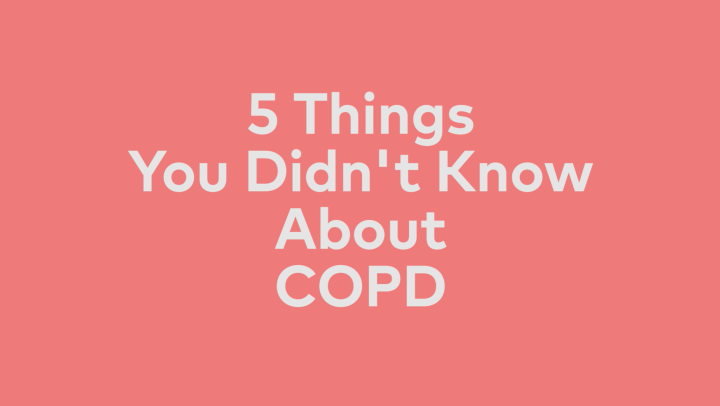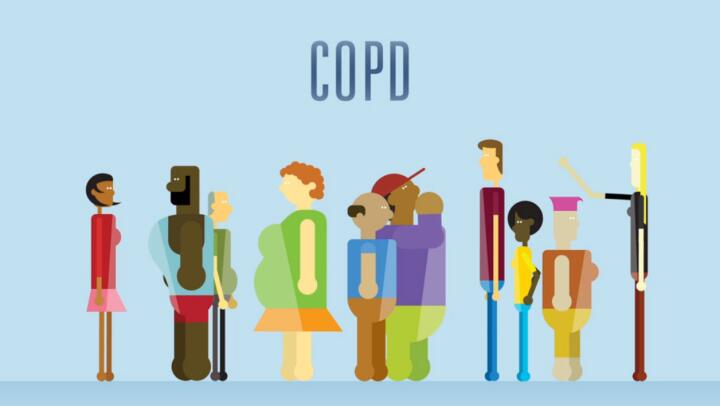This article looks at the symptoms of a dry cough and what can cause it. It also looks at treatments for a dry cough, when to contact a doctor, and more.
What are the symptoms of a dry cough?

If you have a dry cough, you will not produce any mucus or phlegm when you cough. You may notice that the cough appears suddenly, such as if you have inhaled something that irritates your lungs.
Without proper treatment, a dry cough resulting from an underlying health condition may gradually worsen over time.
Depending on the cause, you may experience other symptoms alongside a dry cough. These can include:
- hoarse voice
- sore throat
- nasal congestion
- shortness of breath
- nausea
- flu-like symptoms
Contact your doctor if you have a chronic dry cough or experience other symptoms alongside a dry cough.
What causes a dry cough?
There are many possible causes of a dry cough. This can include infection, inflammation, airway obstruction, and trauma.
Infection
Infections that can cause a dry cough include:
- common cold
- croup
- empyema, a collection of pus between the lungs and the membrane surrounding it
- flu
- Legionnaires’ disease, a type of pneumonia
- pertussis (whooping cough)
Inflammation
A dry cough can result from inflammation. Conditions that can occur due to inflammation include:
- asthma
- allergies
- chronic obstructive pulmonary disease (COPD)
- gastrointestinal reflux disease (GERD), also known as acid reflux
- bronchitis
- emphysema, or damage to the air sacs in the lungs
- pleurisy, or inflammation of tissue lining the lungs and chest cavity
- aortic aneurysm, or an enlarged aorta
Learn about chronic inflammation.
Other causes
Other possible causes of a dry cough include:
- irritation in the airways, such as from dust or smoke
- postnasal drip
- pulmonary embolism
- congestive heart failure
- pneumothorax (collapsed lung)
- lung cancer
- some medications, such as angiotensin-converting enzyme (ACE) inhibitors
What are the treatments for a dry cough?
A short-term dry cough may not require any treatment and may resolve on its own.
However, treatment may be necessaary for infection or chronic conditions. For an infection, your doctor may prescribe antibiotics.
Treating the underlying condition may help to alleviate a dry cough. Treatment can depend on the condition, but it may include:
- corticosteroids to reduce symptoms of asthma
- antihistamines if you have an allergy
- bronchodilators if you have COPD
Your doctor may recommend antitussives (cough suppressants) for a chronic cough that does not respond to more specific treatments. These medications are designed to suppress coughing. Cough suppressants, such as dextromethorphan, are common in over-the-counter (OTC) cold medications. Several medications containing dextromethorphan are typically available OTC for adults, including:
- Robitussin
- DayQuil and NyQuil
- Mucinex DM
Home remedies for a dry cough
There are steps that you can take at home to alleviate a dry cough. Home remedies for a dry cough include:
- getting enough rest
- drinking plenty of fluids
- taking OTC pain relief medication if the cough causes you pain
- taking OTC cough medication as advised by your doctor or pharmacist
- drinking a honey and lemon drink, which may be as effective as dry cough medicine
Learn about cough and cold medications.
When should I see a doctor?
Contact your doctor if you have a persistent or frequent dry cough.
Also contact your doctor if your dry cough accompanies other symptoms, such as shortness of breath. Tests can help your doctor confirm the cause of your cough and recommend an appropriate treatment.
Find out more about when to contact a doctor for a cough.
How do doctors diagnose the cause of a dry cough?
If you have a dry cough, your doctor will order tests to help reach an accurate diagnosis.
Tests may depend on any other symptoms that you have but may include:
- imaging tests, such as a CT scan or chest X-ray
- blood tests
- pulmonary function tests, such as spirometry or methacholine challenge tests
- esophageal pH monitoring, the primary test for diagnosing GERD
Sometimes, your doctor may recommend certain treatments just to see how your cough responds to it. This can help confirm or rule out out certain conditions.
What are the risk factors for a dry cough?
Certain chronic conditions are risk factors for a chronic dry cough. These can include conditions such as asthma, COPD, and GERD.
Working with or around fine particles can also increase your risk of a dry cough. Appropriate personal protective equipment (PPE) can reduce your risk of inhaling irritants that could cause coughing.
Other frequently asked questions
Here are some more frequently asked questions about dry coughs. Meredith Goodwin, M.D., FAAFP, has reviewed the answers.
Is COVID-19 usually a wet or dry cough?
COVID-19
When is a dry cough serious?
A dry cough is rarely a serious sign. However, you should contact your doctor if your cough:
- persists
- frequently recurs
- accompanies other symptoms that cause concern
What gets rid of a dry cough?
A dry cough resolve on its own or by treating any underlying conditions. You may be able to get rid of a dry cough with home remedies, including:
- drinking honey and lemon
- getting plenty of rest
- making sure you drink enough fluids
Dry cough vs. wet cough: What’s the difference?
A dry cough does not produce any mucus. In contrast, a wet cough typically produces mucus, also known as sputum or phlegm. Your doctor may take a mucus sample to help identify the underlying cause of a wet cough.
Learn more
- Barking Cough: Common and Serious Medical Causes
- Chronic Cough: 9 Things to Know
- Persistent Cough
- Smoker’s Cough: Treatments, Duration, and Outlook
- The Different Types of Coughs (and What They Could Mean)
- Why Asthma Makes You Cough
Summary
There are many different causes of a dry cough, such as infection and inflammatory conditions. Airborne particles, lung problems, and certain chronic conditions can also cause a dry cough.
A dry cough may resolve on its own with self-care, OTC medication, and at-home remedies. However, contact your doctor for advice if your cough persists or recurs. They will perform tests to reach an accurate diagnosis and recommend appropriate treatments.















